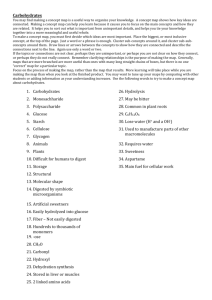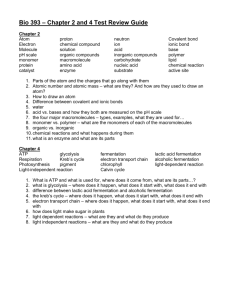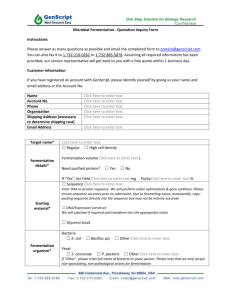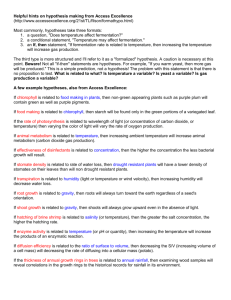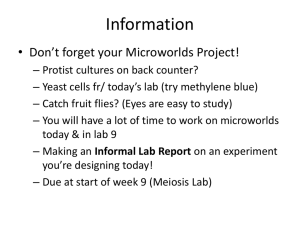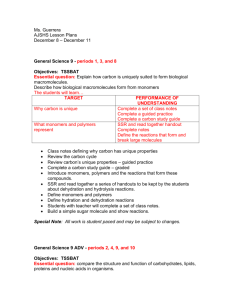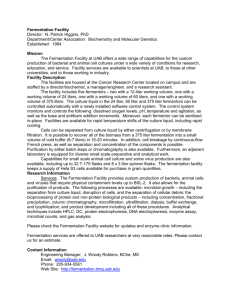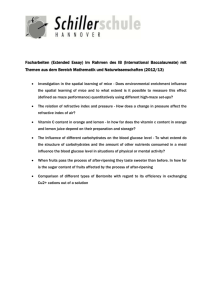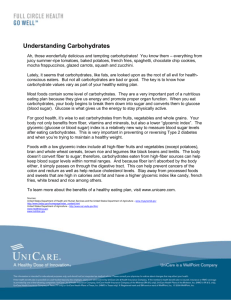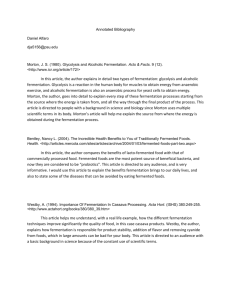Weiterlesen….. Inadequate harvest techniques and facilities for
advertisement
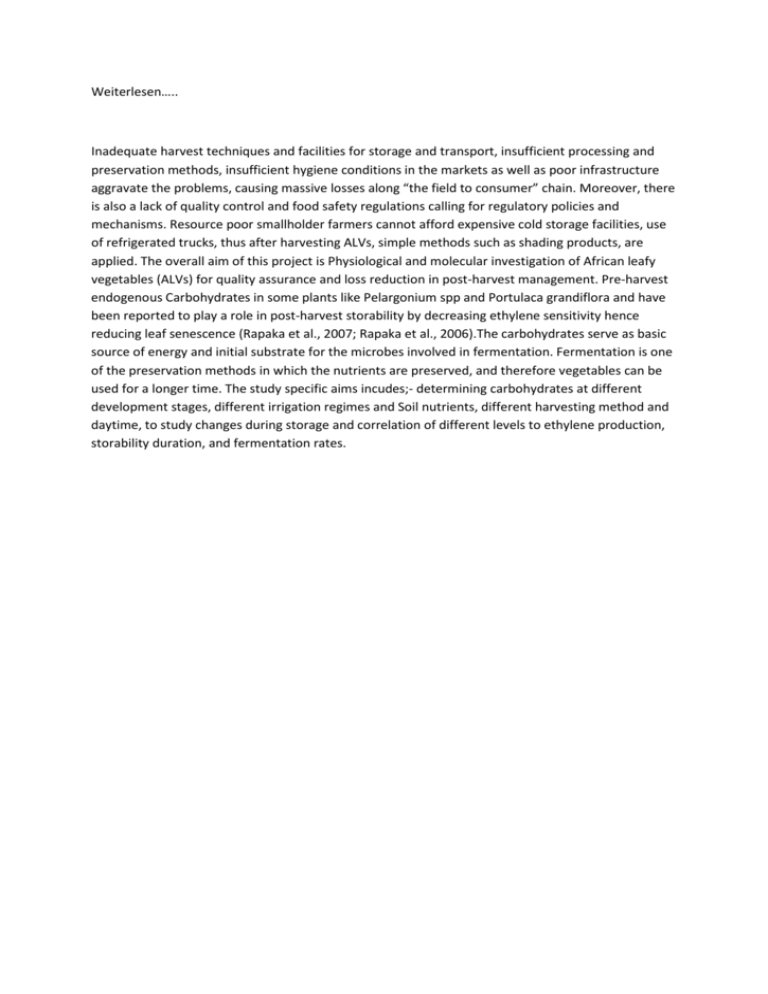
Weiterlesen….. Inadequate harvest techniques and facilities for storage and transport, insufficient processing and preservation methods, insufficient hygiene conditions in the markets as well as poor infrastructure aggravate the problems, causing massive losses along “the field to consumer” chain. Moreover, there is also a lack of quality control and food safety regulations calling for regulatory policies and mechanisms. Resource poor smallholder farmers cannot afford expensive cold storage facilities, use of refrigerated trucks, thus after harvesting ALVs, simple methods such as shading products, are applied. The overall aim of this project is Physiological and molecular investigation of African leafy vegetables (ALVs) for quality assurance and loss reduction in post-harvest management. Pre-harvest endogenous Carbohydrates in some plants like Pelargonium spp and Portulaca grandiflora and have been reported to play a role in post-harvest storability by decreasing ethylene sensitivity hence reducing leaf senescence (Rapaka et al., 2007; Rapaka et al., 2006).The carbohydrates serve as basic source of energy and initial substrate for the microbes involved in fermentation. Fermentation is one of the preservation methods in which the nutrients are preserved, and therefore vegetables can be used for a longer time. The study specific aims incudes;- determining carbohydrates at different development stages, different irrigation regimes and Soil nutrients, different harvesting method and daytime, to study changes during storage and correlation of different levels to ethylene production, storability duration, and fermentation rates.

